Published in the United States of America by InterVarsity Press, Downers Grove, Illinois, with permission from Paternoster Press.
All rights reserved. No part of this book may be reproduced in any form without written permission from InterVarsity Press.
InterVarsity Press is the publishing division of InterVarsity Christian Fellowship/USA. For more information, visit intervarsity.org.
The publisher cannot verify the accuracy or functionality of website URLs used in this book beyond the date of publication.
Introduction
HERE BE DRAGONS?
God is love: those three words could hardly be more bouncy. They seem lively, lovely and as warming as a crackling fire. But God is a Trinity? No, hardly the same effect: that just sounds cold and stodgy. All quite understandable, but the aim of this book is to stop the madness. Yes, the Trinity can be presented as a fusty and irrelevant dogma, but the truth is that God is love because God is a Trinity.
This book, then, will simply be about growing in our enjoyment of God and seeing how Gods triune being makes all his ways beautiful. It is a chance to taste and see that the Lord is good, to have your heart won and yourself refreshed. For it is only when you grasp what it means for God to be a Trinity that you really sense the beauty, the overflowing kindness, the heart-grabbing loveliness of God. If the Trinity were something we could shave off God, we would not be relieving him of some irksome weight; we would be shearing him of precisely what is so delightful about him. For God is triune, and it is as triune that he is so good and desirable.
But I must congratulate you for having read so far as this. The Christian books that really fly off the shelves are the how to books, the ones that give you something immediate to do. And to the how to junkies, the thought of reading a book on the Trinity must feel like having to say Theodore Oswaldtwistle the thistle sifter sifted a sack of thistlesrather hard going but pointless. Yet Christianity is not primarily about lifestyle change; it is about knowing God. To know and grow to enjoy him is what we are saved forand that is what we are going to press into here.
Nonetheless, getting to know God better does actually make for far more profound and practical change as well. Knowing the love of God is the very thing that makes us loving. Sensing the desirability of God alters our preferences and inclinations, the things that drive our behavior: we begin to want God more than anything else. Thus, to read this book is not to play an intellectual game. In fact, we will see that the triune nature of this God affects everything from how we listen to music to how we pray: it makes for happier marriages, warmer dealings with others, better church life; it gives Christians assurance, shapes holiness and transforms the very way we look at the world around us. No exaggeration: the knowledge of this God turns lives around.
Spooky, Huh?
There is, of course, that major obstacle in our way: that the Trinity is seen not as a solution and a delight, but as an oddity and a problem. In fact, some of the ways people talk about the Trinity only seem to reinforce the idea. Think, for example, of all those desperate-sounding illustrations. The Trinity, some helpful soul explains, is a bit like an egg, where there is the shell, the yolk and the white, and yet it is all one egg! No, says another, the Trinity is more like a shamrock leaf: thats one leaf, but its got three bits sticking out. Just like the Father, Son and Spirit. And one wonders why the world laughs. For whether the Trinity is compared to shrubbery, streaky bacon, the three states of H2O or a three-headed giant, it begins to sound, well, bizarre, like some pointless and unsightly growth on our understanding of God, one that could surely be lopped off with no consequence other than a universal sigh of relief.
Now, of course, if the Trinity is seen as a weird and fantastic monstrosity, then small wonder it is seen as irrelevant. How could the eggishness of God ever be more than a weird curiosity? I am never going to fall down in awe or find my heart drawn to a God so ridiculous. And yet in many ways that is just where we are today. For all that we may give an orthodox nod of the head to belief in the Trinity, it simply seems too arcane to make any practical difference to our lives. In other words, the egg illustration and its kind may not be the way to go.
Another way to go that can reinforce the idea that the Trinity is essentially a problem is to stick solely to saying what the Trinity is not. We explain that the Father is not the Son, the Spirit is not the Father, there are not three gods and so on. All of which is true, but it can leave one with the hollow sense that one has successfully avoided all sorts of nasty-sounding heresies, but at the cost of wondering who or what one is actually to worship.

Enter the word mystery, a word so soothing it lets us feel that our absolute cluelessness about how God can be both one and three is actually how things are supposed to be. God is a mystery, we can whisper in our most piously hushed tones. We are simply not meant to know such things. But while such sentiments score high for their ring of reverence, they score pretty low for accuracy. When in Ephesians 3, for example, Paul writes of the mystery that the Gentiles are now included in salvation, the word mystery simply means secret. Paul is sharing a secret with us. Now we know. We are not left wondering what he could possibly mean. The Gentiles are now included. There is nothing we would call mysterious about this mystery.
So it is with God. God is a mystery, but not in the alien abductions, things-that-go-bump-in-the-night sense. Certainly not in the who can know, why bother? sense. God is a mystery in that who he is and what he is like are secrets, things we would never have worked out by ourselves. But this triune God has revealed himself to us. Thus the Trinity is not some piece of inexplicable apparent nonsense, like a square circle or an interesting theologian. Rather, because the triune God has revealed himself, we can understand the Trinity. That is not to say we can exhaust our knowledge of God, comprehend and wrap our brains around him, simply cramming in a few bits of information before moving on to some other doctrine. To know the Trinity is to know God, an eternal and personal God of infinite beauty, interest and fascination. The Trinity is a God we

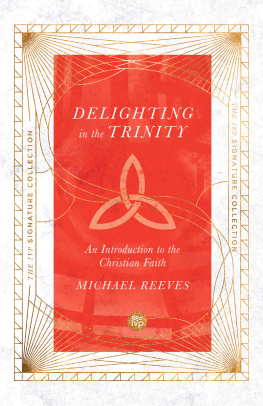

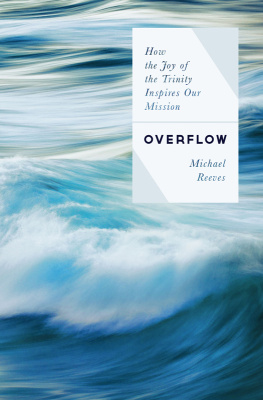
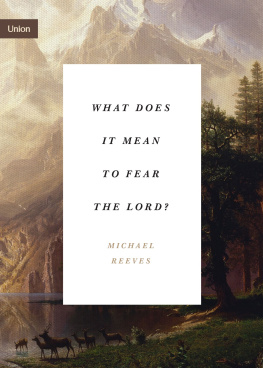
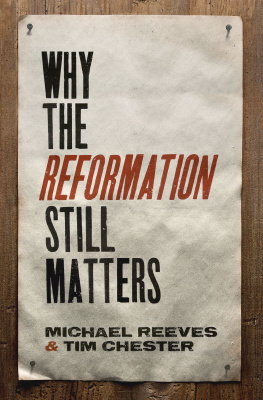
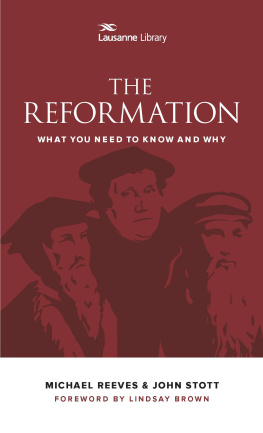
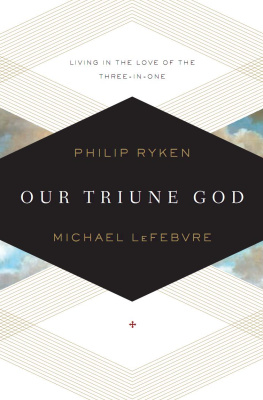
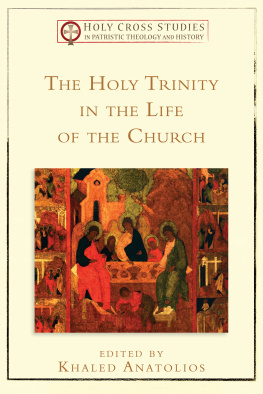
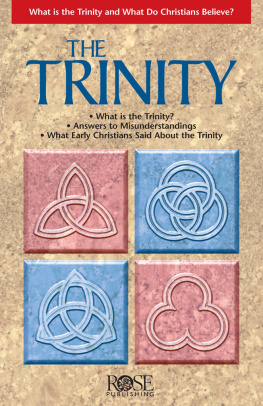
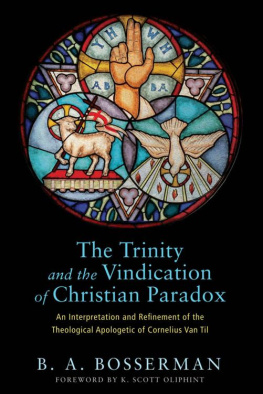
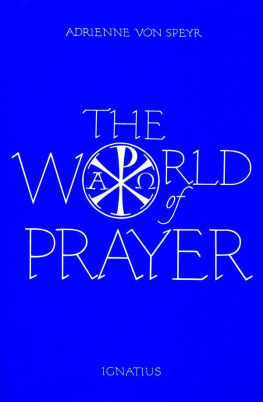

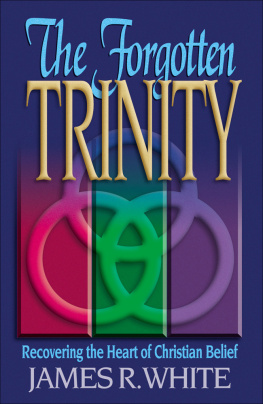

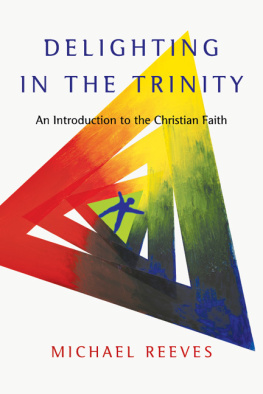
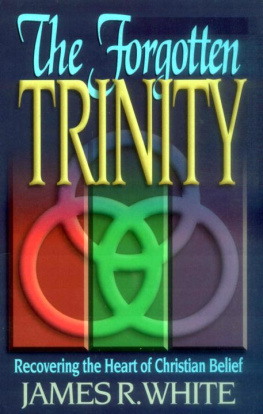


 InterVarsity Press
InterVarsity Press